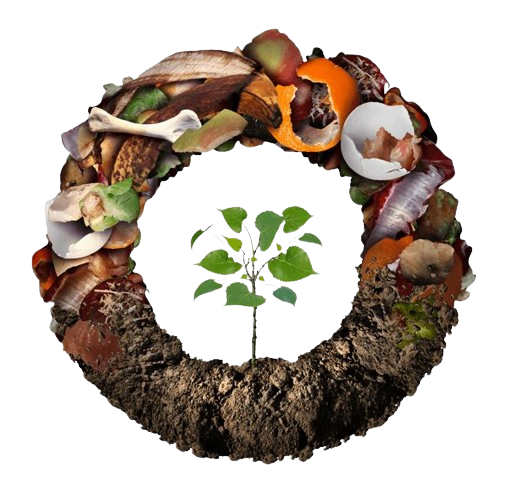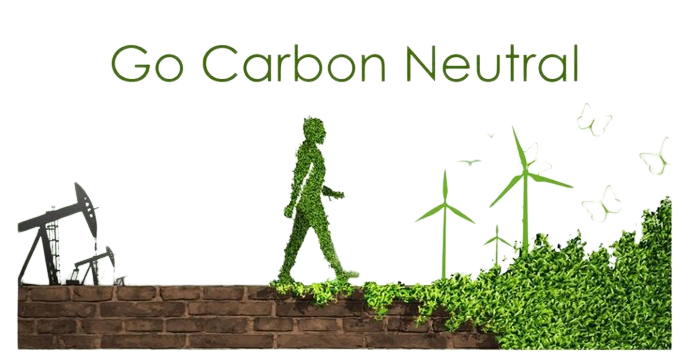Before we jump to explore the topic “biodiesel vs diesel” we need to know that fossil fuels were the keys to the first three industrial revolutions. However, their overuse has resulted in magnified environmental problems. In fact, researchers suggest that the heavy reliance on fossil fuels will most likely end by 2060. What will do then? Will our world stop running?
We have come up with exceptional renewable sources of energy to combat this issue. We are heading towards a net-zero emission stage to tackle pollution. For this purpose, biofuels are brilliant alternatives to replace fossil fuels like diesel.
Biodiesel is one such biofuel that has the potential to replace diesel. A lot of questions arise! Will biodiesel be efficient enough to run our automobiles? Is it a sustainable choice? Let us make a quick biodiesel vs diesel comparison to conclude. But first, let us understand what biodiesel is.
Table of Contents
ToggleWhat is Biodiesel?

Biodiesel is a renewable, biodegradable fuel derived from natural sources such as vegetable oils, animal fats, and recycled cooking grease. It serves as an alternative to conventional petroleum diesel and can be used in diesel engines without major modifications.
The production process involves transesterification. It is a catalytic chemical process where oils or fats react with an alcohol to produce biodiesel and glycerin as a byproduct. Biodiesel is non-toxic and biodegradable in nature. It reduces the risk of environmental contamination from spills.
Biodiesel vs Diesel: A Brief Market Comparison
Let’s do a brief biodiesel vs diesel market analysis to conclude.
Market Size and Growth

The biodiesel market in India touched US$ 417.9 million in 2023. It is expected to cross US$ 865.4 million by the end of 2032. It promises a CAGR of 8.2% during the tenure of 2024 to 2032.
On the other hand, India imports diesel from China, Japan, and the USA. Due to increased consumption, India has become the largest importer of diesel in the world. This is why we pay higher fuel prices than most countries as we only procure 17.9% of our gross requirement annually.
In this context, India is the largest consumer of vegetable oil in the world. Hence, retrieving used cooking oil along with non-edible vegetable oils, animal tallow, etc can assist in achieving this figure by 2032. With proper feedstock procurement plans, we can reduce fuel import demand by 40%.
Demand Drivers
The Indian government has implemented several policies to promote biodiesel. The National Policy on Biofuels aims to increase the use of biodiesel to 20% of the total diesel consumption by 2025. The government offers subsidies, tax benefits, and grants for biodiesel production and blending.
Feedstock Advantage
Biodiesel is a leading alternative to fossil fuels as it is produced from common feedstocks like used cooking oil, animal fats, and inedible vegetable oils. This type of biodiesel is created through catalytic transesterification to convert fats (triglycerides) into fatty acid methyl ester (FAME).

These feedstocks do not threaten food security as they don’t consume arable land. The sources are:
- Used cooking oil: Waste oil from commercial food production and eateries is collected and processed.
- Animal fats: Tallow, poultry fat, and lard from meat processing units are used.
- Inedible vegetable oils: Oils like palm stearin, palm fatty oil, soya acid oil, and oils from plants like jatropha, neem, and karanj.
These feedstocks are collected, purified, and chemically transformed into FAME, which is then refined and blended with conventional fossil fuels for use.
Proper procurement of these feedstocks also eliminates waste disposal issues. They will not end up in landfills or water sources and pollute our environment. On the other hand, diesel production significantly pollutes the environment. Its sources are depleting at an alarming rate.
Technological Advancements
Innovations in biodiesel production technology are expected to lower costs and increase efficiency. Even small investors can establish a biodiesel production plant with limited resources. It can produce this biofuel as per the standards set by BIS, ASTM, EN, etc.
Biodiesel Vs Diesel: Comparison in Other Fields
Here is a comprehensive biodiesel vs diesel analysis based on the following points.
Environmental Benefits
- Reduced Emissions
Biodiesel burns cleaner than diesel. It releases lower levels of carbon monoxide, particulate matter, and unburned hydrocarbons. The U.S. Department of Energy states that biodiesel can cut greenhouse gas emissions by up to 86%. This makes it a strong ally in fighting climate change.
- Biodegradability
Biodiesel is non-toxic and biodegradable. If it spills, it breaks down quickly without harming the environment. Diesel, on the other hand, can cause long-lasting damage to ecosystems. This makes biodiesel a safer choice for the planet.
Health Benefits
- Improved air quality
Lower emissions from biodiesel lead to cleaner air. This reduces health problems caused by pollution, like asthma and heart disease. Cleaner air means fewer medical issues and healthier communities. Using biodiesel can directly improve public health by cutting down on harmful pollutants.
Economic Benefits
- Energy independence
Biodiesel can be made domestically from various sources. It can reduce reliance on imported diesel. This enhances national energy security to a considerable extent. Countries producing their fuel can better control their energy supply and prices. It also makes them less vulnerable to global oil market fluctuations.
- Job creation and local economic support
The biodiesel industry creates jobs. It spans agriculture, manufacturing, and distribution sectors. Farmers grow non-edible crops in barren lands for biodiesel. Factories convert these feedstocks into fuel and distribution networks get it to consumers. This chain supports many jobs and boosts local economies.
Engine Performance
- Lubricity

Biodiesel has better lubricating properties than diesel. This means it reduces wear and tear on engines. Better lubrication can extend the life of engine parts. It leads to lower maintenance costs too. Users save money on repairs and replacements over time.
- Compatibility
Biodiesel can be mixed with conventional diesel and used in existing diesel engines with little to no modification. Blends like B20 (20% biodiesel, 80% diesel) are common. This makes switching to biodiesel easy for consumers. There’s no need to invest in new engines or make significant changes to existing ones.
Renewable and Sustainable
- Renewable source
Biodiesel comes from renewable resources like used cooking oil, inedible vegetable oils, and animal fats. These can be replenished every year through barren land farming and recycling. Diesel, derived from fossil fuels, is finite and depleting. So, using biodiesel supports sustainable energy practices.
- Almost carbon neutral

The carbon dioxide released when burning biodiesel is offset by the feedstock chosen. This cycle makes biodiesel almost carbon neutral. Diesel, on the other hand, adds new CO2 to the atmosphere and contributes to global warming.
Biodiesel offers many advantages over diesel. It’s better for the environment, healthier for people, and supports local economies. It also performs well in engines and is a renewable, sustainable fuel source.
Takeaway: Biodiesel is Better than Diesel
From this biodiesel vs diesel comparison, it is clear that the former is more environment-friendly than the latter. It can reduce our dependency on fossil fuels and promise a cleaner future ahead. All we need is a well-defined plan to procure feedstocks and support this transition to a greener tomorrow.
Mag Tech: The Answer to Sustainable Biodiesel Production Solution
Mag Tech has over ten years of experience in this field. We educate clients and assist in planning and establishing a biodiesel production plant. Feel free to quench your queries and let us give you the most profitable solution.


